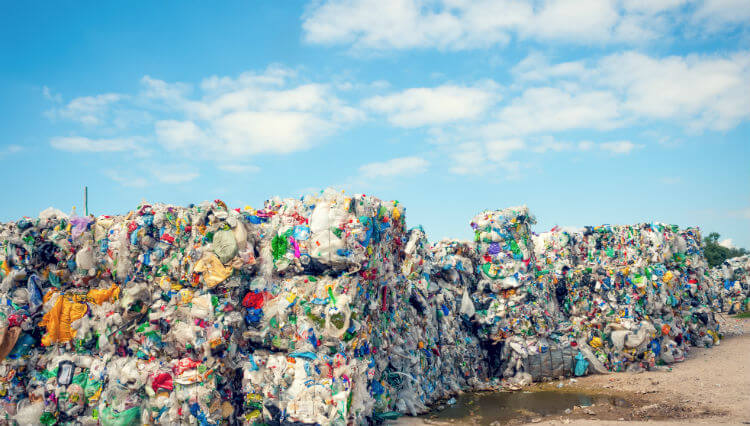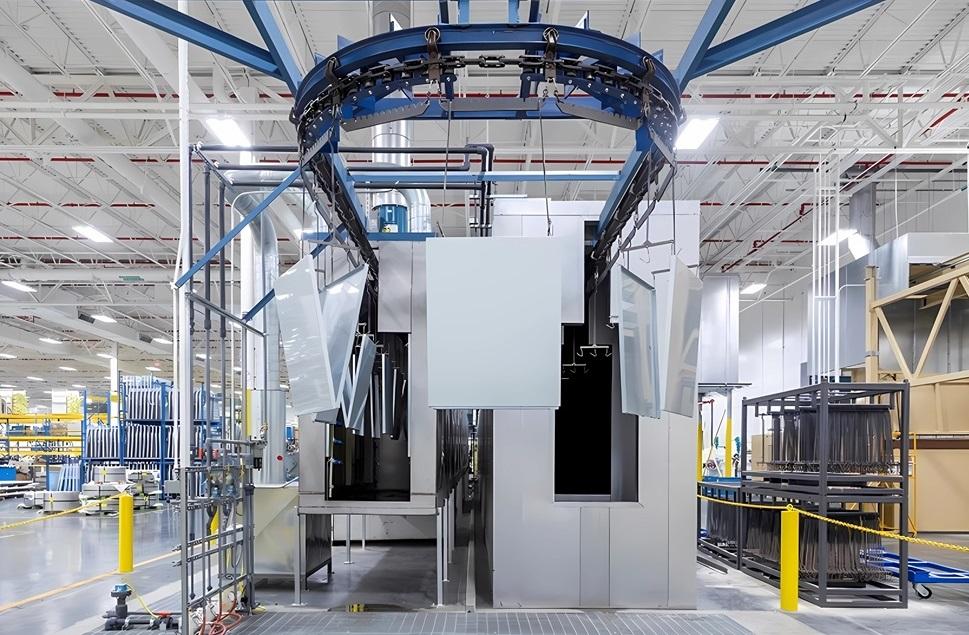Commercial garbage is the waste produced by a business, mainly on its premises. This waste could be from any industry, including construction, agriculture, service, and manufacturing. That means even the waste paper produced on a business basis counts as commercial garbage. Yet, it is the responsibility of every company to manage their waste. The following insights will help.
Types of Commercial Waste
Three types of commercial waste exist: chemical, solid, and toxic/hazardous waste. Each of these types has a significant impact on the environment. Carefully handling the trash will help reduce the carbon footprint in the surroundings.
Chemical waste is the most common form of commercial waste. Notably, factories and manufacturing companies often produce chemical waste. This form of waste comes with chemical residues, which could be toxic. Industrial service companies produce solid waste, including waste paper, plastic, packaging materials, and scrap metal. Some of these could be recycled or reused, depending on the material.
Hazardous or toxic waste comes from factories. This waste is harmful to human health, meaning that you need to handle it relatively carefully. It entails byproduct materials from labs, hospitals, and manufacturing plants.
Responsibility of Businesses in Commercial Waste Management
Companies are responsible for the waste they produce. The following are some of the most prominent roles a business has to play:
- Proper waste disposal: Excellent waste disposal ensures that the environment remains clean and free from toxicity. Every company should comply with the set waste disposal regulations when disposing of their waste.
- Secure waste storage: Businesses must ensure that their waste is stored securely and adequately. The storage containers must have fitting covers, protecting the garbage from various weather conditions.
- Use registered waste carriers: Using a legally registered waste carrier or trash pickup will help protect your business from various legal complications.
- Fill the waste transfer note: Ensure that you fill in and complete the waste transfer note. Further, keep a copy for future reference.
In conclusion, commercial waste requires proper management. This way, you can be sure of minimal negative environmental impact.





